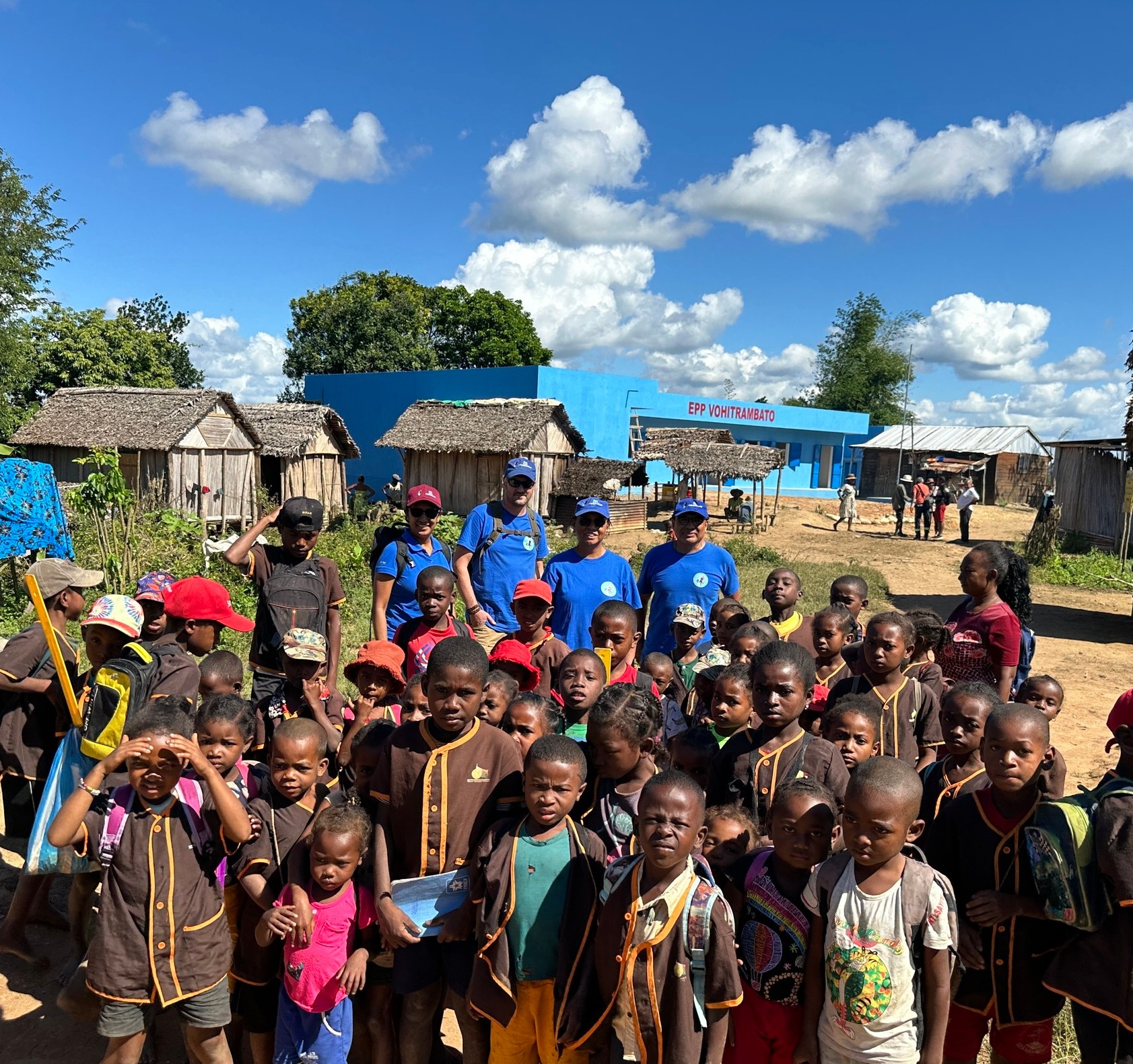Project completed
Canteens for 6 public schools in Brickaville and Vohitranivona
In rural Madagascar, hunger is becoming one of the main causes of school drop-out. After all, how can you concentrate on your studies on an empty stomach? Fate has not spared the children of the Brickaville region, hit by cyclones every year. They are the first victims, even though they are the future of this country, which ranks 5th among the poorest on the planet. Their needy parents take them out of school to work in the fields to feed the family.
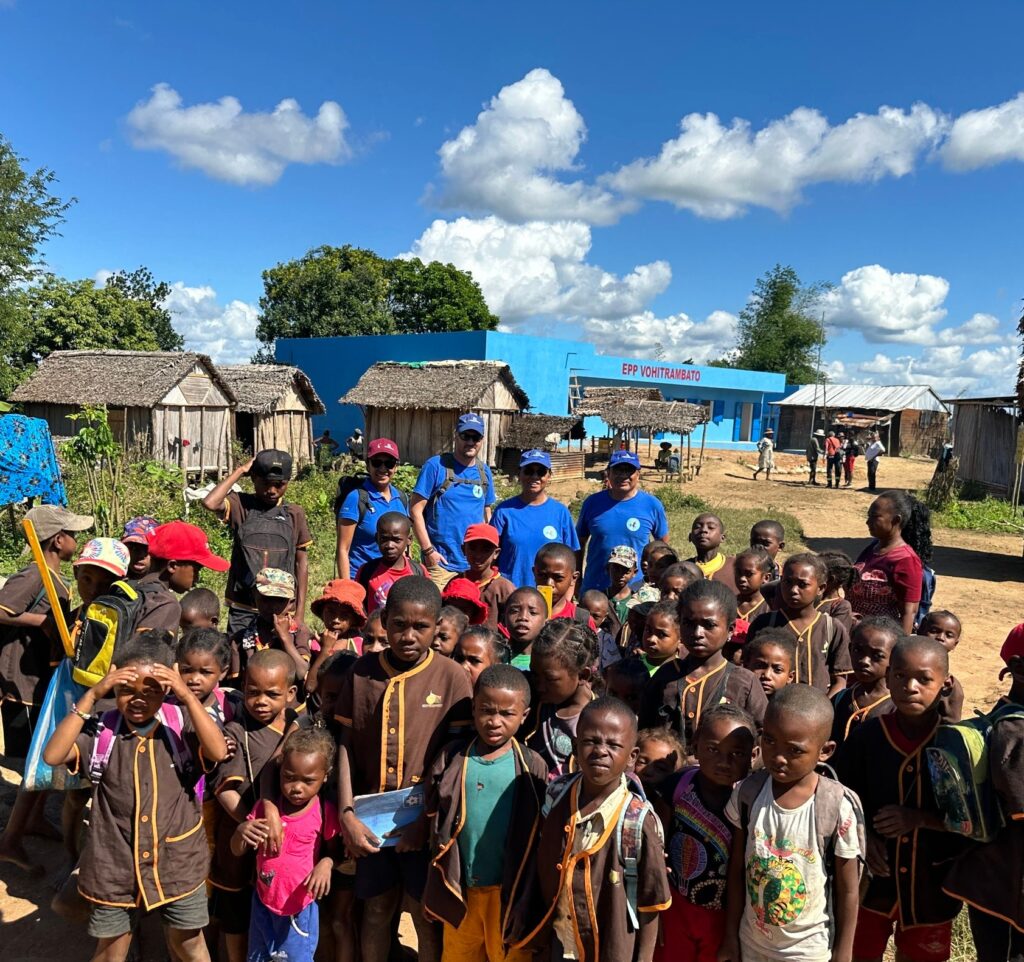
To avoid this situation, and to stop them going to school on an empty stomach, EDI Madagascar is going to set up school canteens in 6 elementary school (around 1,500 children) that will enable them to eat at least once a day. For many of them, this will be their only meal of the day.
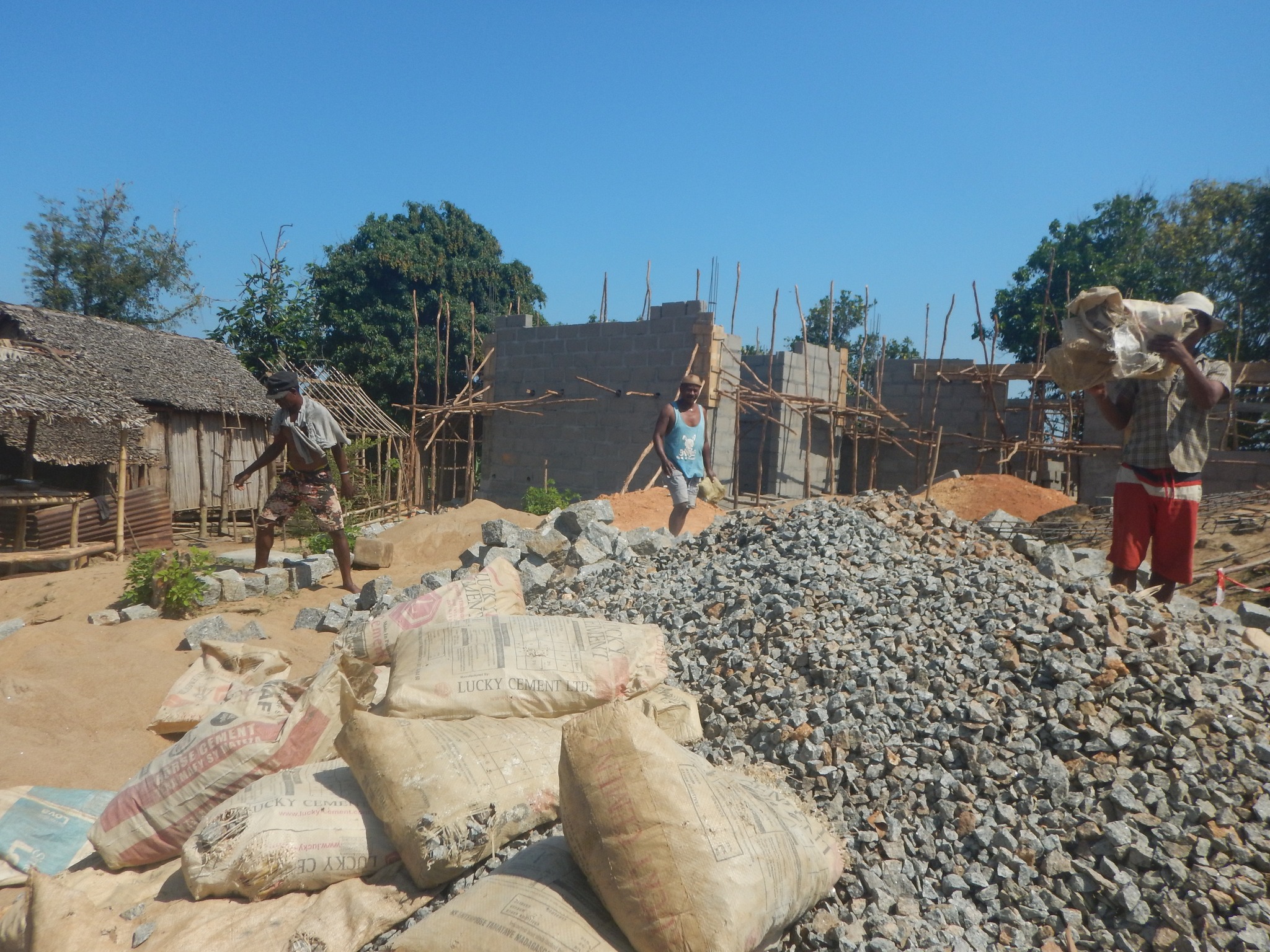
Our aim is to make canteens self-sufficient. The creation of community vegetable gardens and farms, set up by parents and managed by students under the supervision of their teachers, is both a source of canteen supplies and a fun way to learn.
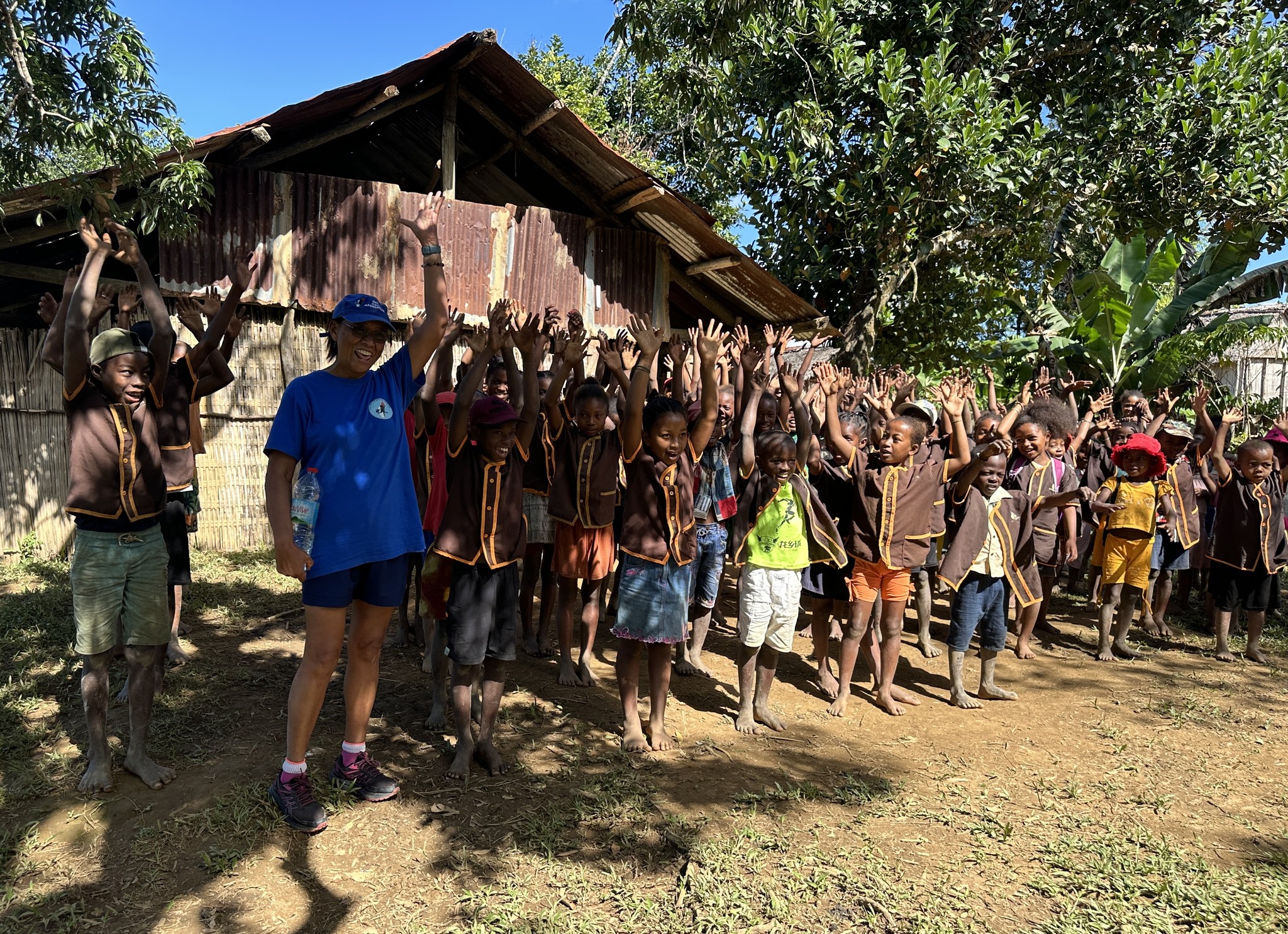
Setting up income-generating activities will help supplement financial needs: Providing farmers and fishermen with equipment in exchange for part of their produce to feed the canteen, Setting up rice hulling, fish farming, river transport, etc...
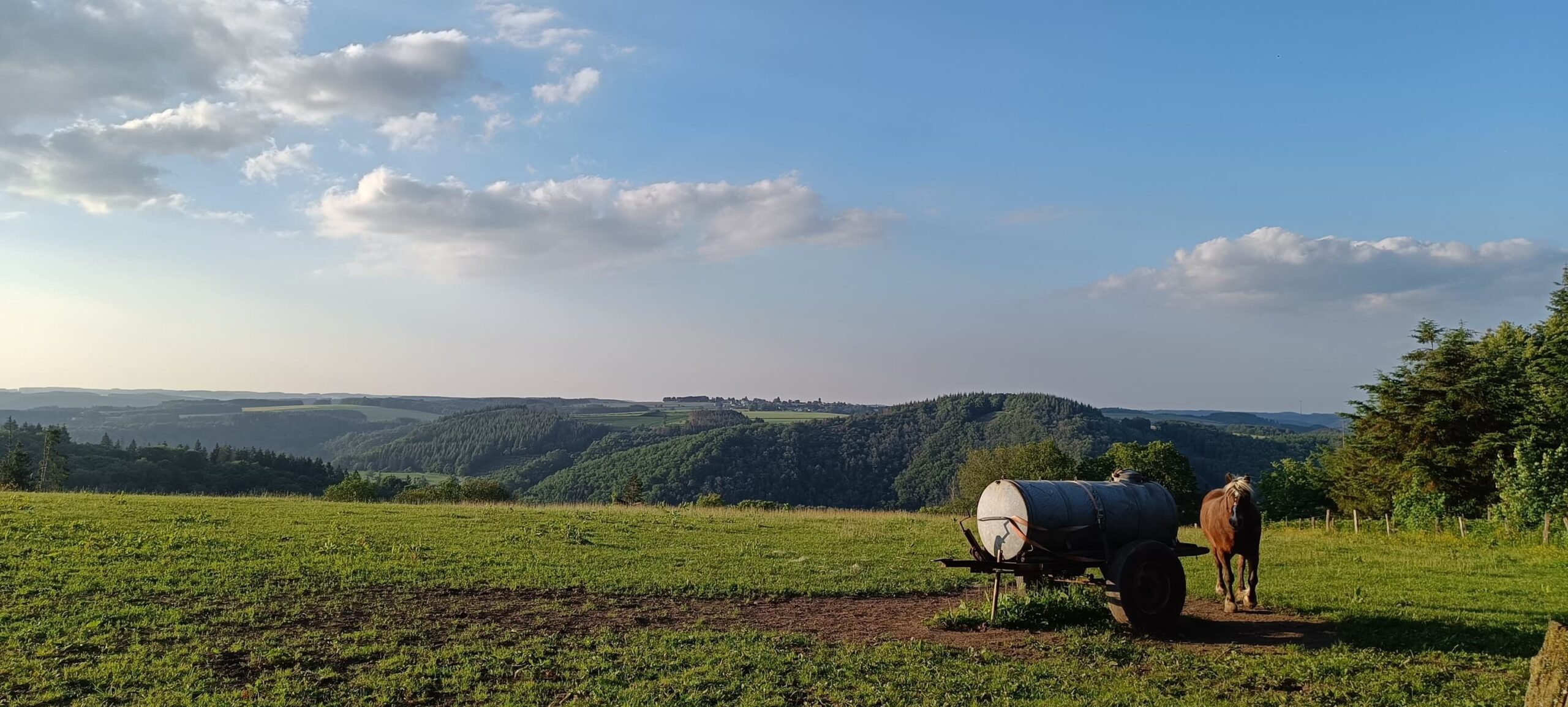
All these activities will be accompanied by ad-hoc training: savings, horticulture, animal husbandry, innovation, etc. We hope to achieve self-sufficiency within 3 years. Our aim is not to provide assistance, but to be the initiator of a mechanism which, we hope, will be able to function on its own after 2 or 3 years. The project budget is estimated at €220,000, 80% of which will be covered by the Luxembourg Ministry of Foreign Affairs and 5% by our partners at MEDAF Luxembourg.
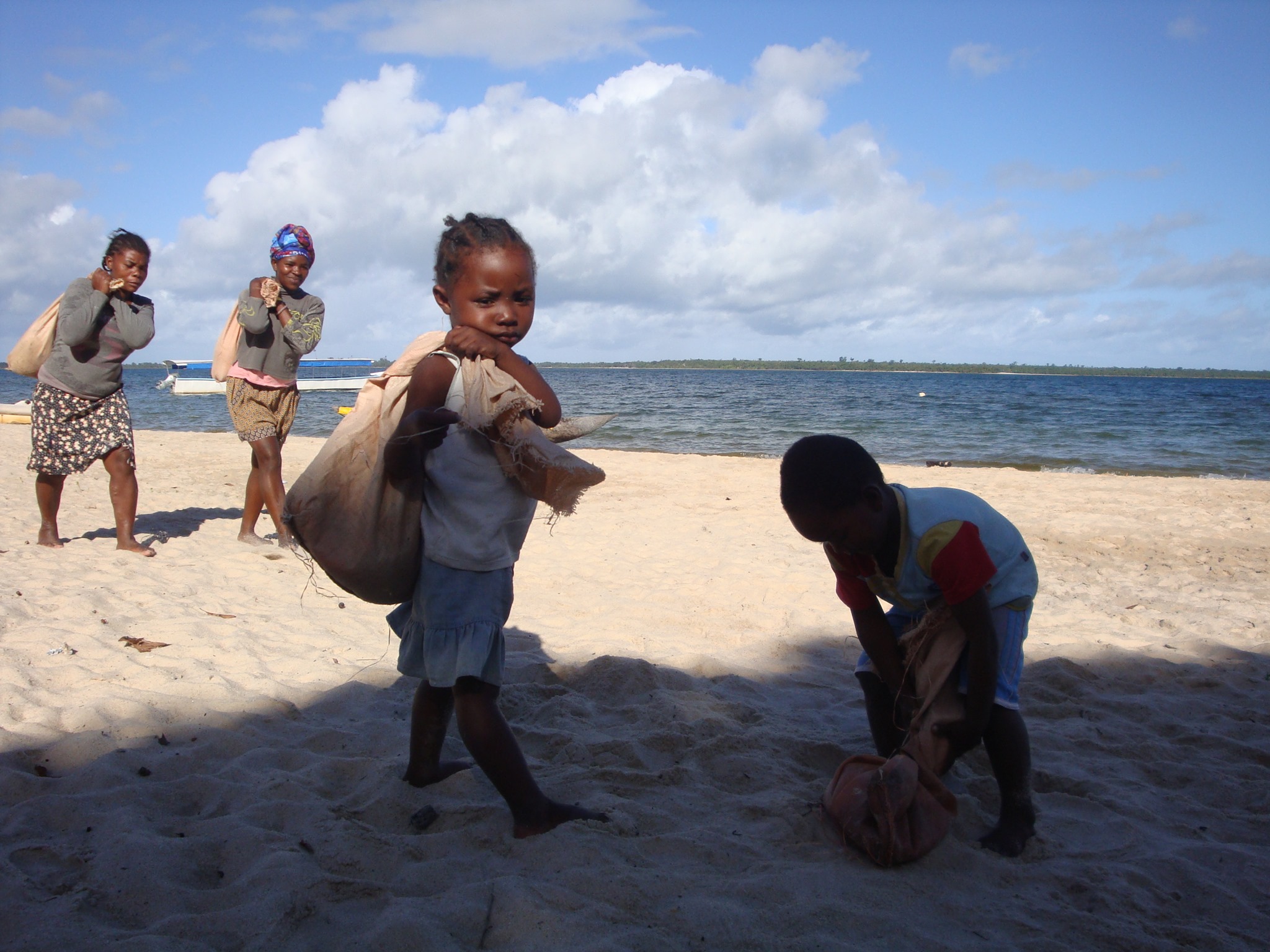
Do you think these 1,500 children also have the right to a bowl of rice, a few vegetables and a little protein a day? Our project will cost €150 per child over 3 years, €4 per month per child. How about sponsoring one or more of them?
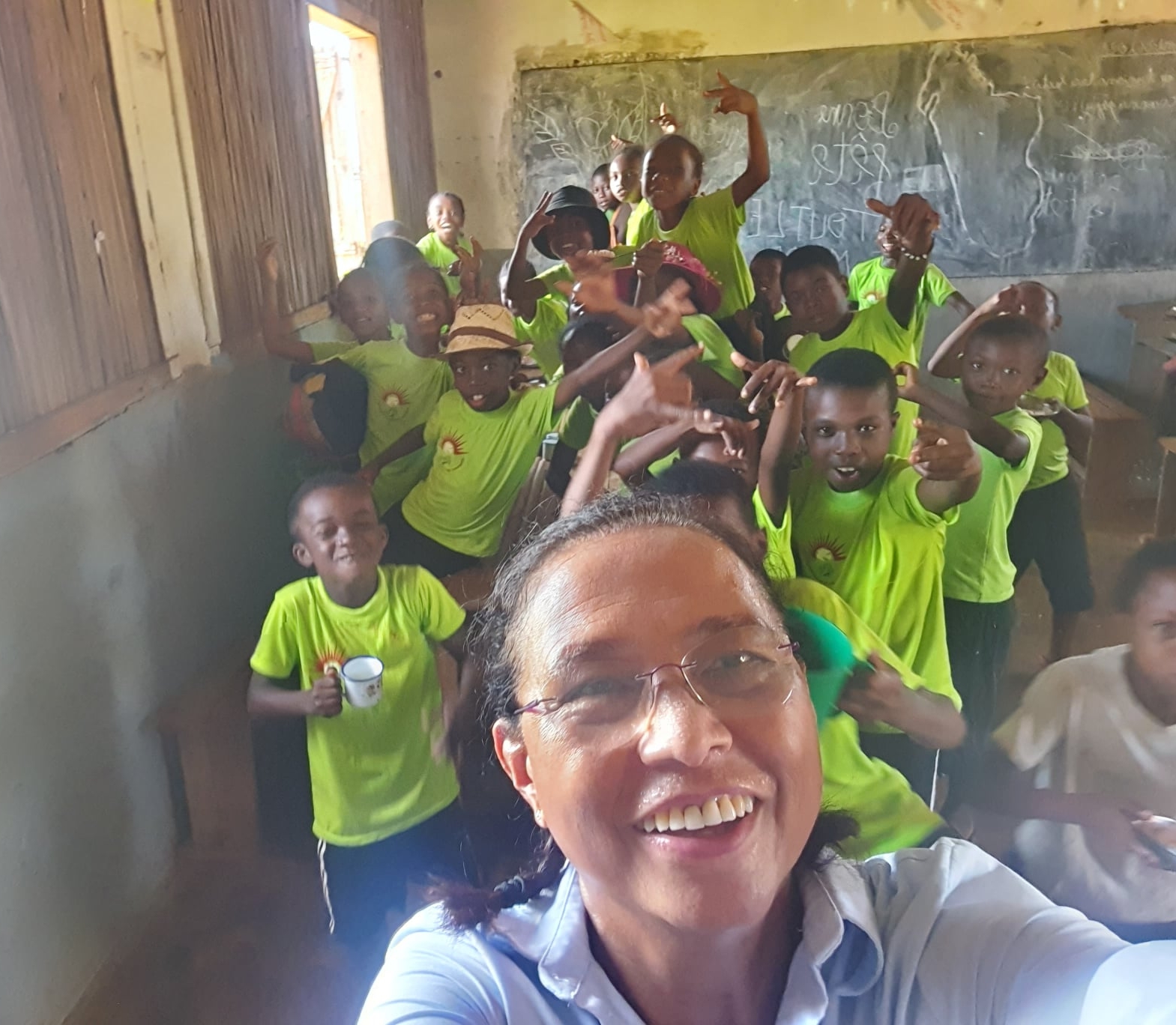
April 2019
Project start-up in the field
To be on the safe side, we waited until the end of the rainy season before starting construction work. The first school to benefit from our canteen is Manambato. Indeed, this is the school that is the most advanced: the vegetable garden and a well have already been built, and the canteen committee is in place. We hope to have the canteen up and running after our summer vacation, at the start of the 4th quarter of 2019. It's also now that William, our volunteer, is moving to Brickaville. He will be a great help in getting this project off the ground and making it more dynamic.
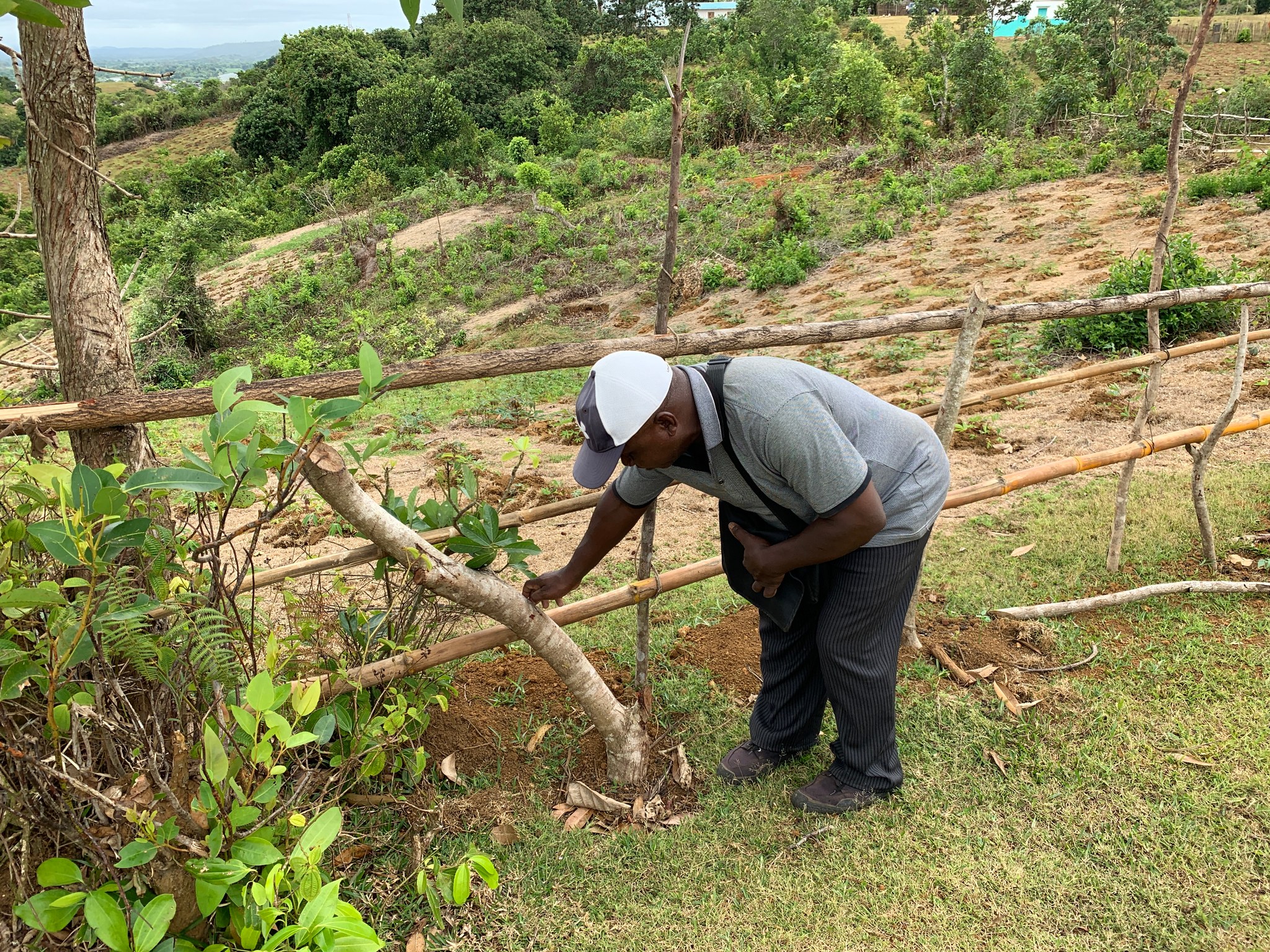
May 2019
the construction of the Manambato kitchen is under way

September 2019
Manambato prepares for inauguration, Sahatakoly starts construction (1/3)
Manambato is progressing well: the kitchen is finished and a farm is under construction: it will house 60 young laying hens which, within 2 to 3 months, should provide at least one egg per hen per day: a source of protein and a source of income for the Manambato canteen.

(2/3)
At the same time, two other schools are being prepared: the construction contract for the Sahatakoly kitchen was signed at the beginning of this month, and work can now begin.
In addition, an abandoned building was located on the grounds of the Vohitranivona school.

(3/3)
Rather than build a kitchen, our volunteer William has negotiated with the CISCO chief to rehabilitate the building and turn it into a kitchen and classroom for the preschool children, who currently have no permanent classroom. The cost of refurbishing the building and constructing the classroom will be roughly the same as building a kitchen.

October 2019
Inauguration of the Manambato School Canteen
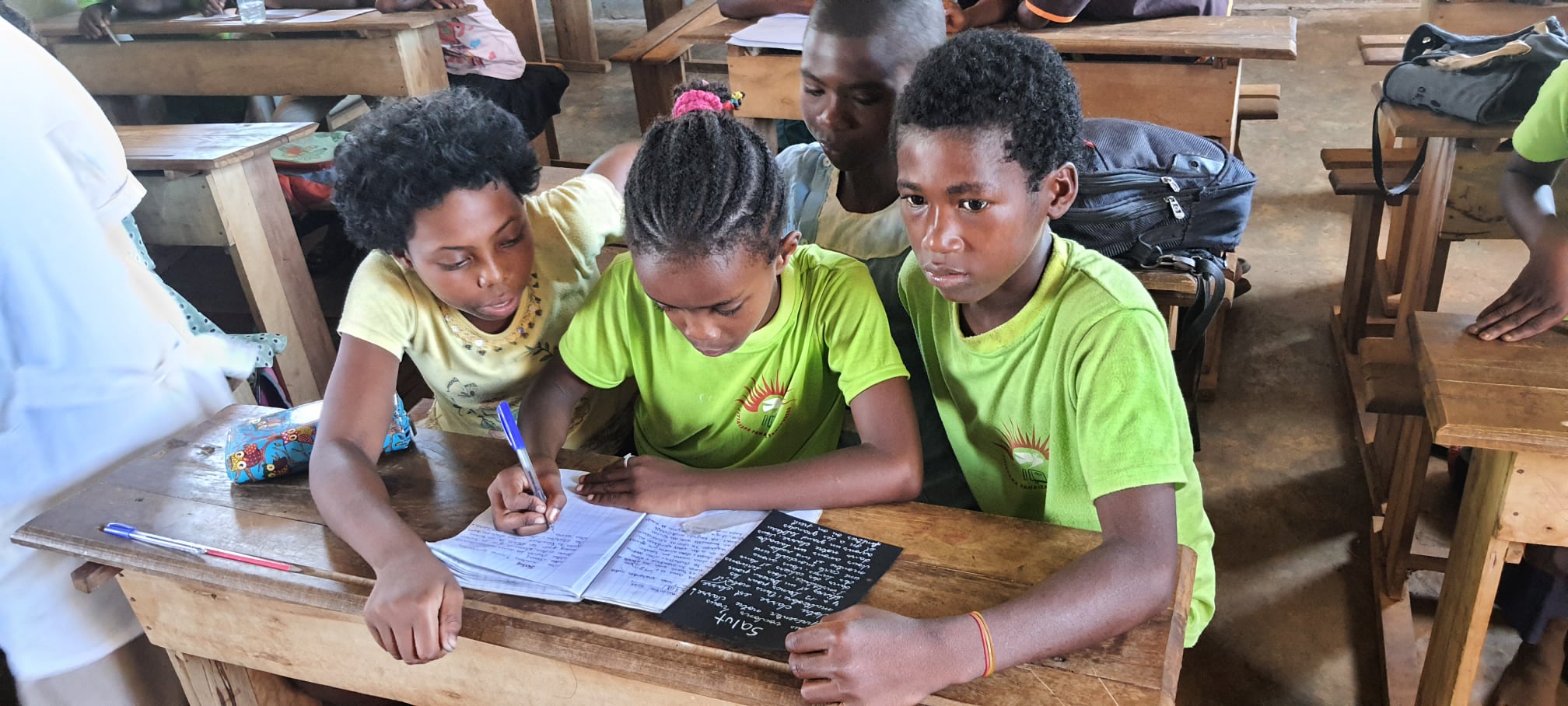
First meals served in Manambato, construction is progressing well in Vohitranivona (1/2)
A rather disrupted start of the year for students in the region's schools: the school year began on October 28, followed by All Saints' Day holidays starting November 1, and then communal elections that engaged all the adults for several days. In short, it wasn't until the end of November that the situation stabilized and the children began attending school regularly.
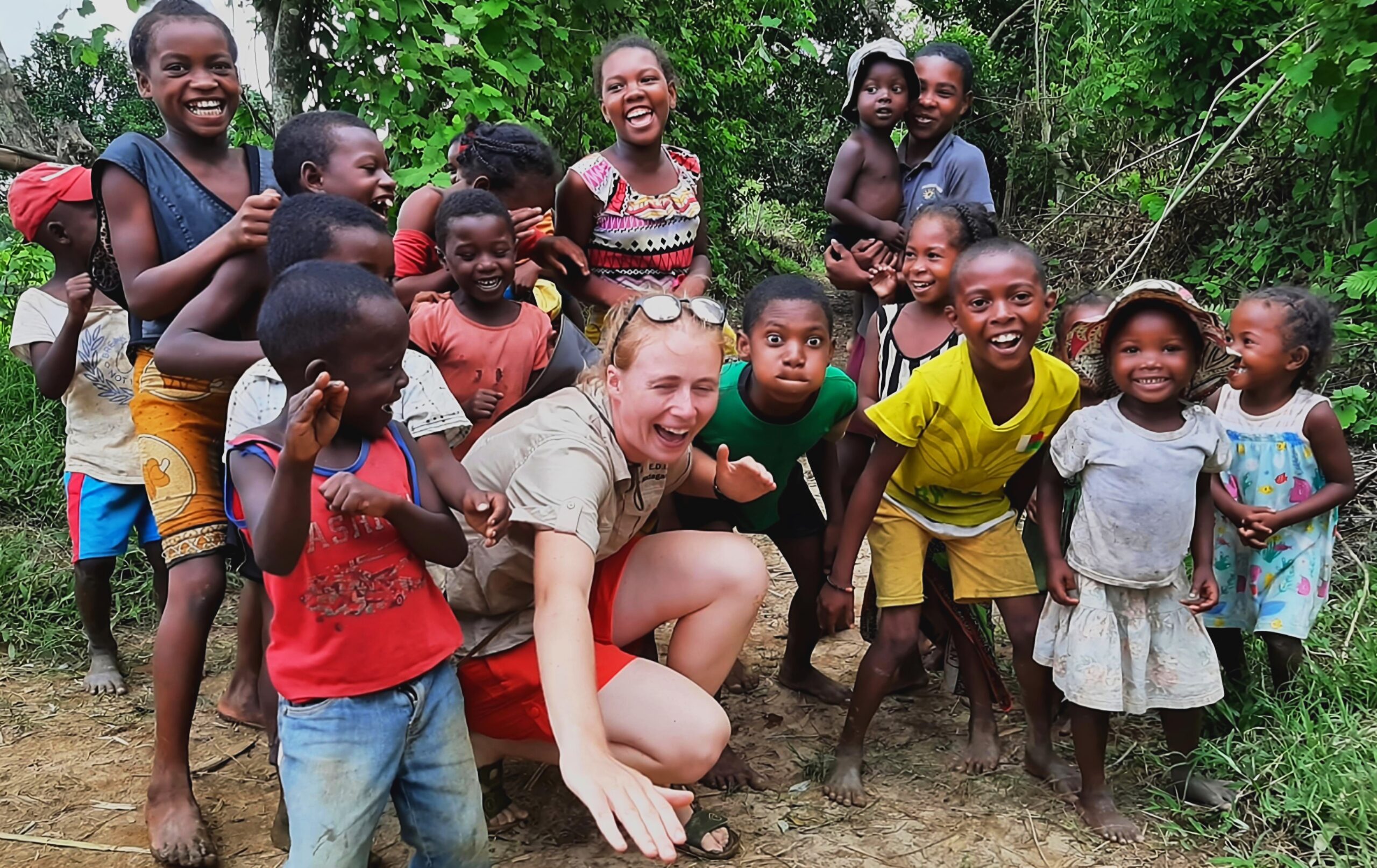
(2/2)
On December 2nd, the first meals were served to the children of Manambato—balanced meals, following the advice of nutrition experts who provided training to the teachers and the members of the school canteen management committee. Meanwhile, construction work in Sahatakoly continued: the kitchen and a nearby pantry are nearing completion. Agricultural training sessions were also conducted for committee members to improve the productivity of the vegetable gardens.


